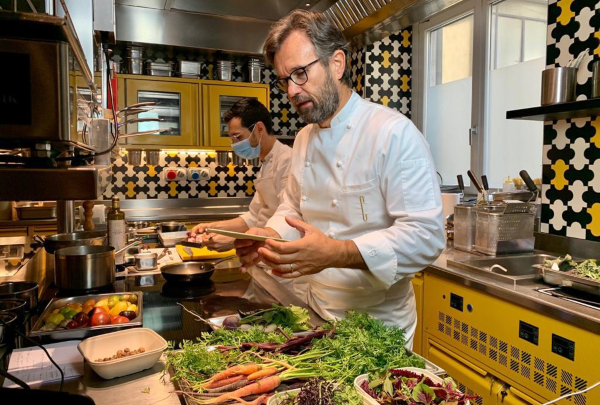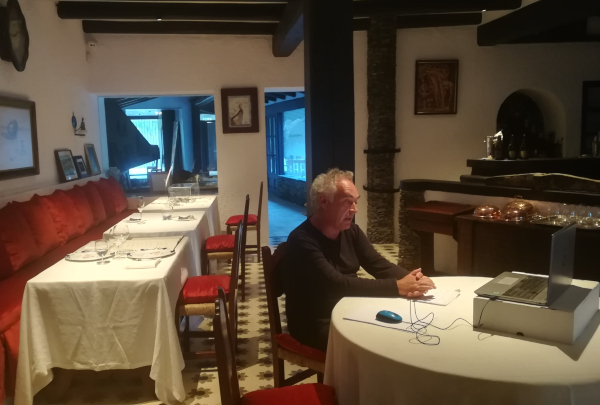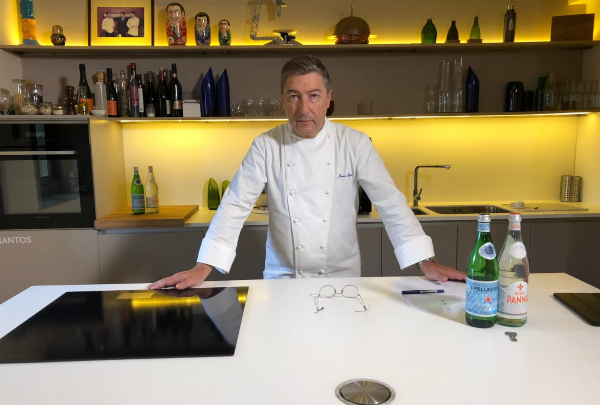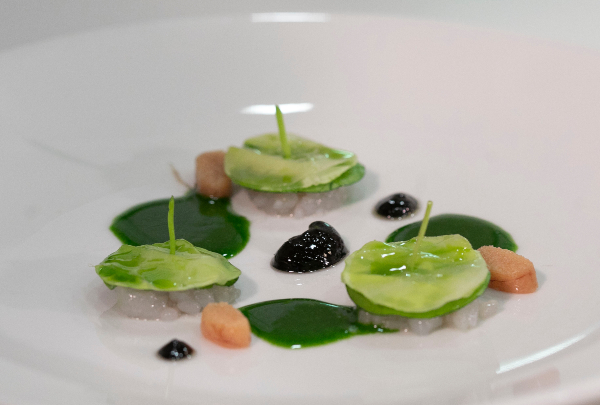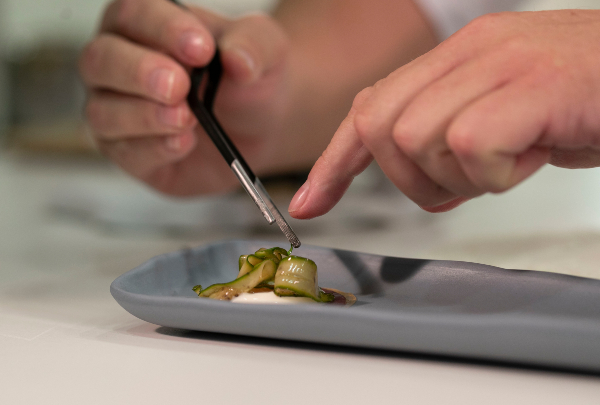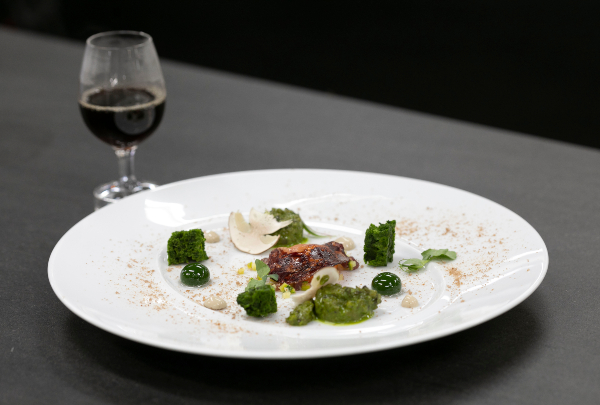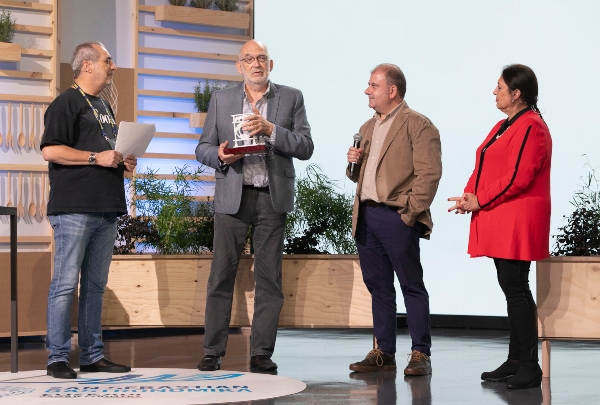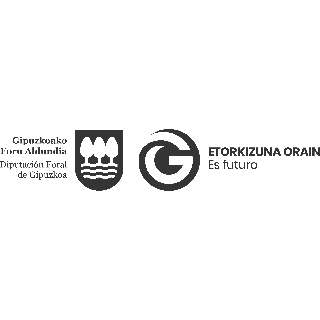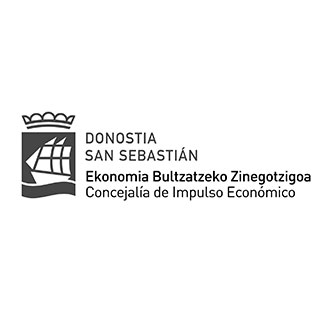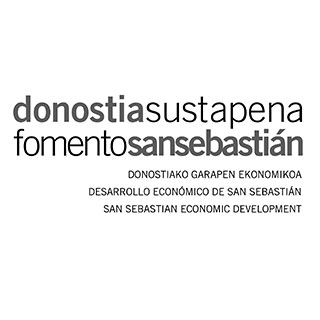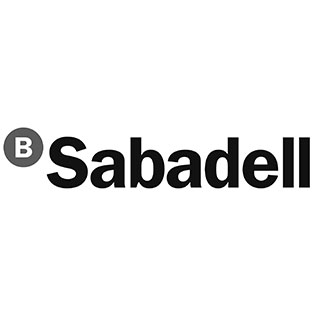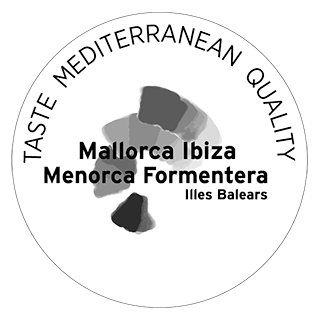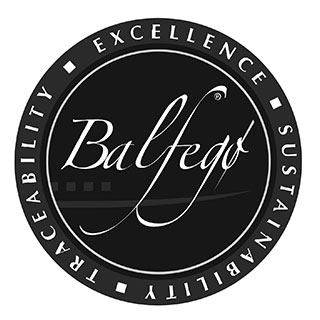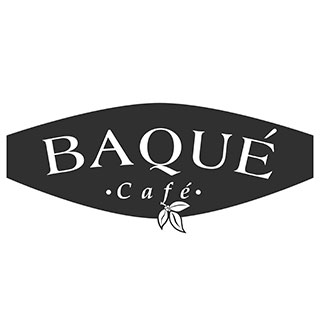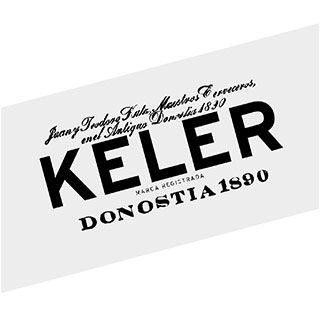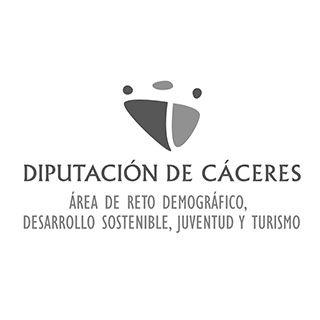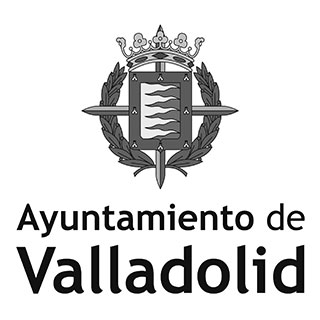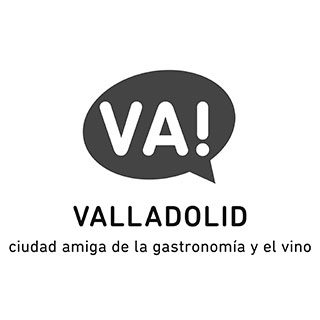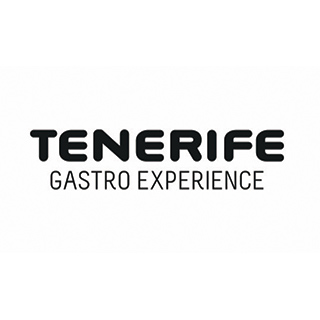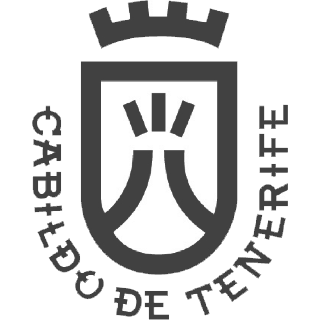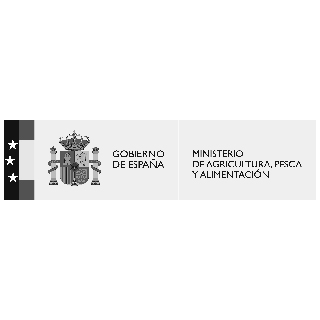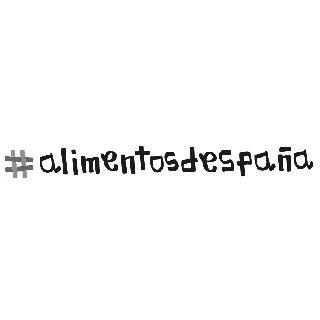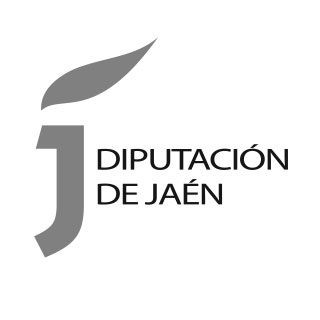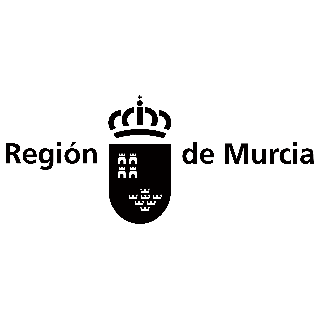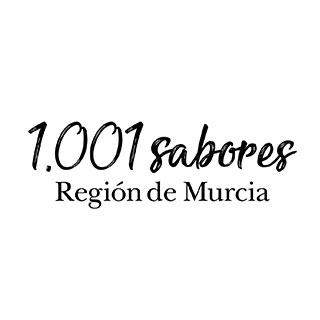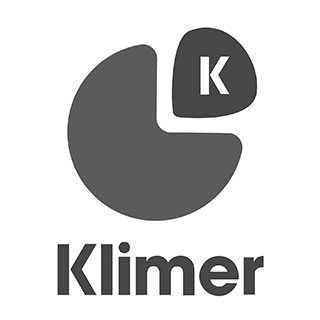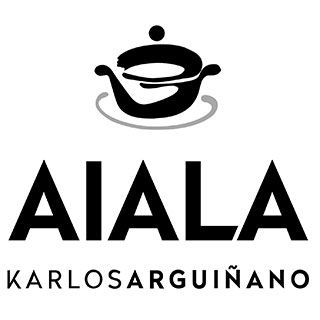News
Marcos Fernández: “Having to stop because of the pandemic, has enabled us to think and create new services”
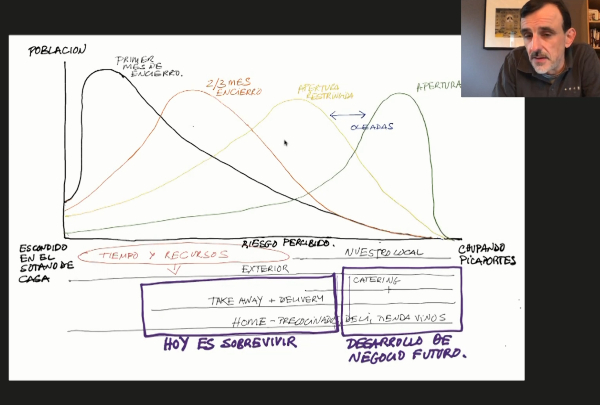
Marcos Fernández, CEO of Ibérica Restaurants & Arros QD (London), connected live offsite from England to offer a series of strategies geared towards efficiently managing restaurant businesses in these times of Covid, drawing from his own experience.
The scene in London within the restaurant sector is no different from Spain’s. This is why, Marcos Fernández, CEO of Ibérica & Arros QD (establishments linked to Nacho Manzano and Quique Dacosta, respectively), revealed the strategies the group has followed to manage the current difficult situation. “In these times, we have to be creative, adapt our businesses and get to work”, pointed out Fernández.
In order to put the list of adequate strategies in place to solve the new challenges posed by Covid, Marcos ensured that they not only had to study the “what and when” but, also, the “products and services that could be adapted”. Therefore, the first factor analysed was time, what should be the timeframe to apply these strategies? They concluded that approximately 12 months. They then studied the characteristics of their business model (estab
lishments located in town centres -except for one-, with local clientele, with a capacity of 140 diners and an average bill of 40 pounds for Ibérica and 60 for Arros QD).
The third issue they focussed on was the population’s perception of risk which was analysed using the Bell diagram. After observing that the circumstances didn’t make it possible to set a stable parameter -new outbreaks influence changes of perception-, they established that they needed to adapt the product to be consumed to a lower bill, since diners would have less money, and create new ways of eating as well as including the e-commerce concept as an option to study.
As regards legislation, this was easy for the group: the air extraction level in Arros QD is such that the air of the entire premises is renewed 20 times and hour and in Ibérica the distance between tables had already been implemented from the beginning. In this respect, Fernández values and highlights the fact that the restaurant sector already has prior training as regards hygiene and contamination, since they are concepts that they’ve always had to implement in order to prevent problems arising from the poor management of these (intoxications). Along these lines, Fernández also ensures that a restaurant’s capacity to adapt is something quite common (for example, varying menus according to diners’ allergies) and, therefore, an advantage which favours the sector.
Another of the issues that was raised, was communication. If it had been fluid until the arrival of Covid, it must continue to be so at present. They consider it is not only basic for informing about all their products, but also for building trust and security in their clients. The result was to restore this communication, through all its channels, and generate new contents. Wine tastings, cooking courses, online product sales and other services under study -such as sommeliers or catering at home with dishes served to give diners the restaurant experience- are the result of said adaptation.
The takeaway or delivery sector is another one of the strategies the group has incorporated. Marcos explained that in order to achieve a good service, they analysed from the distribution distances -they created a dark kitchen to reach more kms of delivery- to platforms dedicated to said distribution or packaging (a key element for the food to arrive at its destination in perfect condition).
Fernández considers that the marketing department has been an essential tool in these functions and, in fact, he points out that he has increased the number of staff and recruited a specialist in digital and e-commerce who will work alongside the specialist in gastronomy.
Finally, Marcos mentioned that in this line of strategies, they included the negotiations with suppliers and tenants and preparing a feasibility plan, an investment book, which was presented to the creditors. “The standstill gave us the time we didn’t have before and this has helped us to generate other services, products or businesses that all add up”.
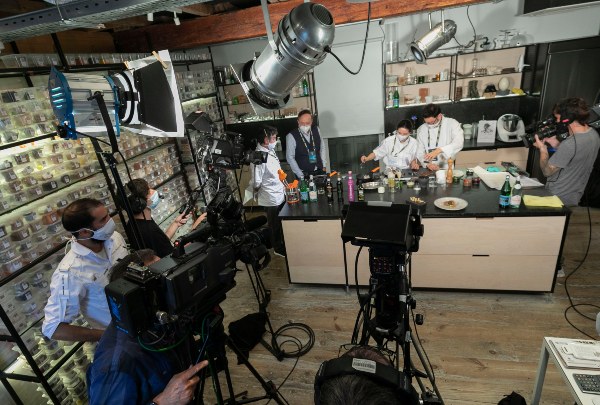
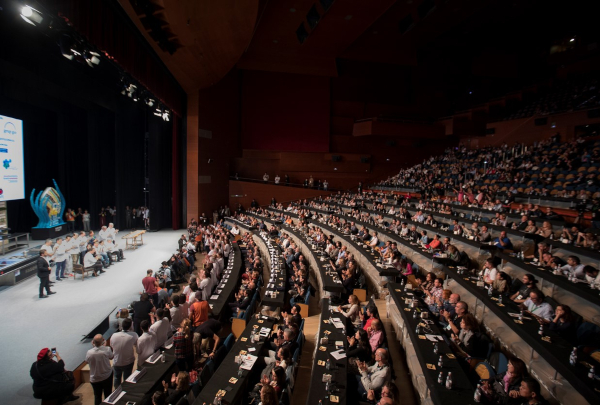
.jpg)
